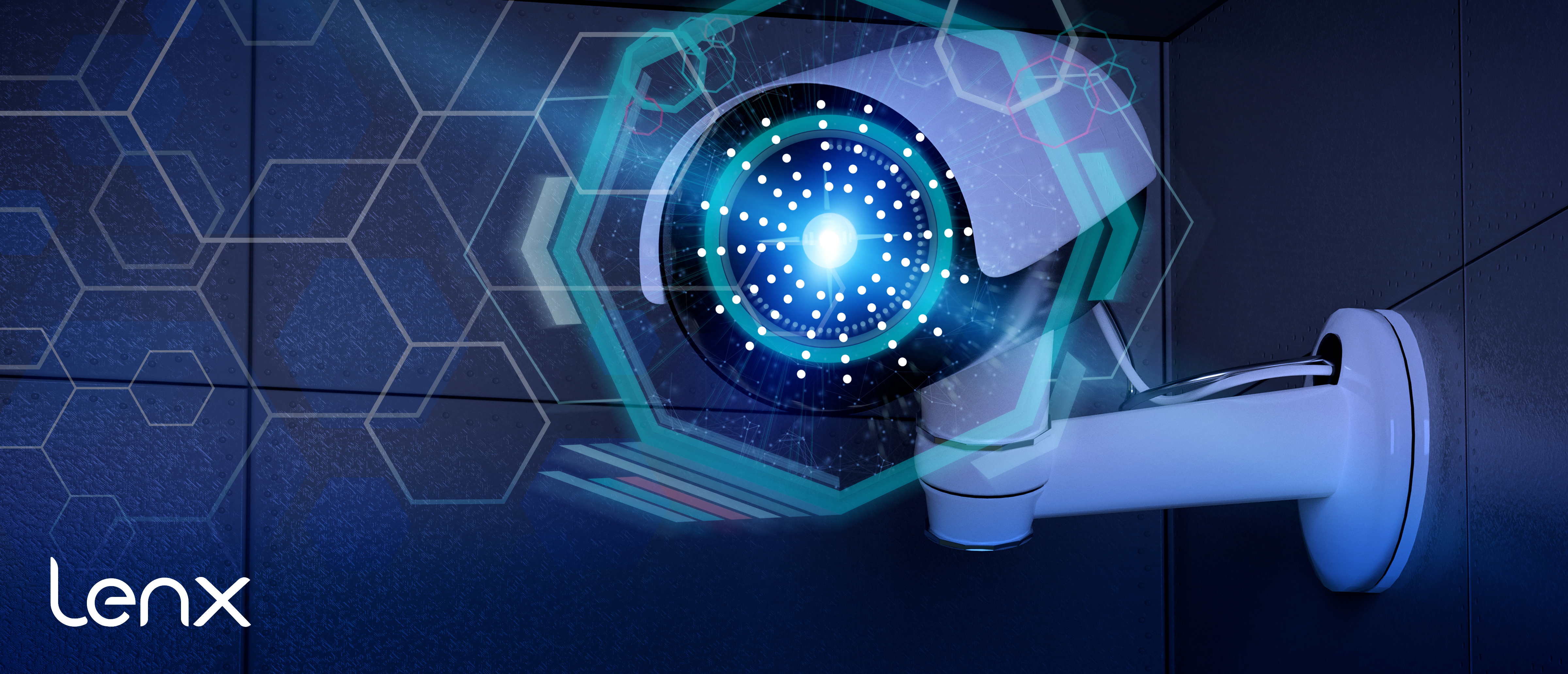
Staying Up To Date On Future Regulations Regarding AI Security, Active Shooter Detection
In the rapidly evolving world of technology, AI security has become a critical concern. It's not just about protecting data anymore.
The focus has shifted towards safeguarding lives with AI-powered active shooter detection systems. These systems are transforming how we respond to threats, making public spaces safer.
However, with this advancement comes the need for robust regulations. These rules ensure the ethical use of AI and protect individual rights.
In this article, we delve into the current and future AI security regulations. We'll also explore how these rules impact active shooter detection systems and how to stay compliant.
The Current State of AI Security Regulations
AI security regulations are still in their infancy, but they are evolving rapidly. They aim to ensure the responsible use of AI in security applications, including active shooter detection.
These regulations cover a wide range of issues, from data privacy to ethical considerations. They also address the need for transparency in AI decision-making processes. Staying compliant requires a thorough understanding of these rules and a commitment to ethical AI practices.
Active shooter detection systems are a critical component of modern security strategies. They leverage AI technology to identify potential threats and initiate rapid response protocols.
These systems can detect guns, identify the location of the shooter, and send alerts to law enforcement and building occupants. The goal is to minimize response time and potentially save lives. Understanding how these systems work is crucial for their effective implementation and operation.
AI security apps are revolutionizing the way we approach safety and security. They use machine learning algorithms to analyze data and detect potential threats.
One of the most significant advancements in this field is AI gun detection. These systems can identify firearms in real-time, even in crowded and complex environments. This early detection can trigger immediate alerts, allowing for swift action to prevent potential incidents.
However, the use of AI in security raises ethical and privacy concerns. The ability of AI systems to analyze vast amounts of data can lead to potential misuse and invasion of privacy.
Regulations are in place to ensure the ethical use of AI, but they must evolve with the technology. Balancing AI safety and individual rights is a challenge that policymakers and businesses must address.
As AI security technology advances, so too will the regulations governing its use. Staying informed about these changes is crucial for businesses and security professionals.
Future regulations may impact the development and deployment of AI security systems. Understanding these potential changes can help businesses prepare and ensure their systems remain compliant and effective.
AI plays a significant role in improving responses to active shooter situations. Through machine learning and pattern recognition, AI security systems can identify threats faster and more accurately than human observers.
This rapid threat detection allows for quicker alerts to law enforcement and building occupants. The result is a more efficient response that can potentially save lives and reduce harm in these critical situations.
Staying compliant with AI security regulations is crucial for businesses and public spaces. It's not just about legal compliance, but also about ensuring the safety of people within these spaces.
Here are some key takeaways for staying compliant and safe:
- Stay informed about the latest AI security regulations.
- Ensure your AI security systems are up-to-date and compliant with these regulations.
- Regularly review and update your security protocols.
- Invest in training for staff to effectively use and respond to AI security systems.
- Collaborate with law enforcement and security experts to enhance your active shooter response.

